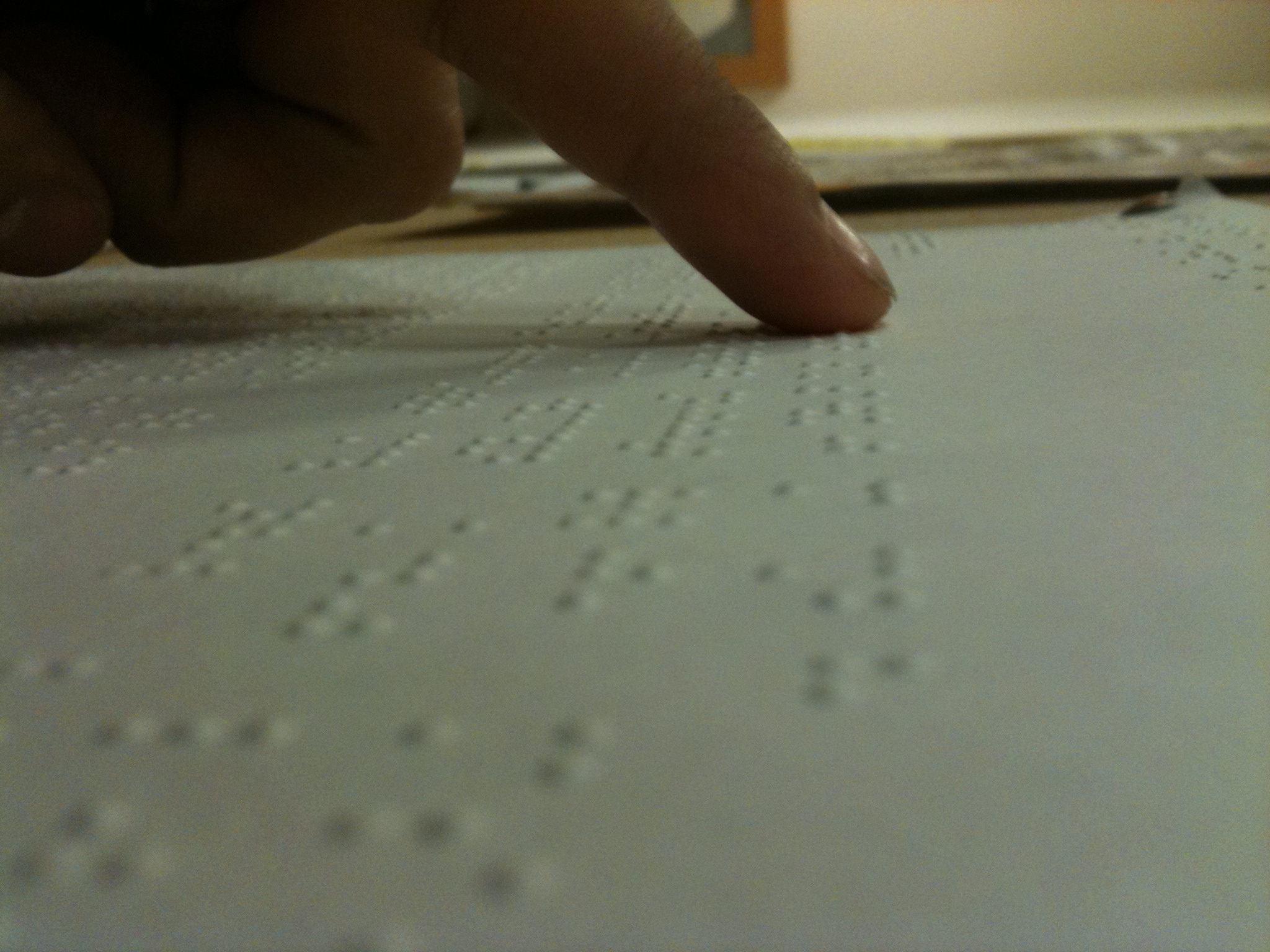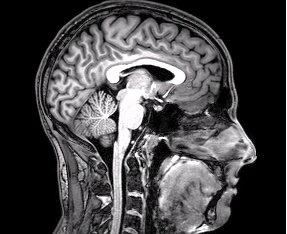
It can shorten it — and not just a little bit.
Researchers at the Norwegian University of Science and Technology analyzed 200-year-old data and found that prenatal exposure to ultraviolet radiation in sunlight may have shaved off more than five years from the lives of babies born while sun activity overpowered the planet's natural protections. <read more>

Calling Mr. Webster: We need a new definition for the verb "to see."
Recently, NPR's podcast Invisibilia explored how Daniel Kish, a blind man, uses echolocation to create mental pictures of the world around him. Kish and his skills are not only very impressive, they also remind us that our understanding of what it means to "see" is so yesterday. In fact, brain scans of those who are visually impaired have revealed that they "see" (or, perhaps more accurately, use their senses) in much the same way as everyone else. <read more>

Distraction is a double-edge sword. Our mind's propensity to wander is great when we need a diversion: It keeps us occupied and sane during meetings and helps us cope with trauma while we mentally regroup. But distraction can also ruin our lives: It keeps us from finishing those pressing assignments at work or in school or from staying focused while we're doing important things like, say, cooking and driving.
Scientists are closer than ever to figuring out how the human mind becomes distracted and how we can use it to our benefit, according to research published in the Journal of Neuroscience. <read more>

Consider this a lesson in disobedience.
In 1961, Yale psychologist Stanley Milgram conducted a series of experiments looking at people's willingness to obey authority, even when doing so meant harming another human being. A new analysis of the controversialexperiment suggests that the difference between blind obedience and disobedience may be less a question of morality and more a question of skill set — that is, how many tactics a person can try to assert him or herself in the face of authority. <read more>

"I don't want to grow up."
These six words comprise what may be the most universally understood human desire.
Most of us experience the looming and abstract fear of finding a good job and paying bills — hallmarks of adulthood. But for one 14-year-old in Mexico, this fear manifests in a more profound way than wanting to stay in high school forever <read more>

Add this to the rap sheet of smoking cigarettes: The longtime foe of optimal health may not only be hurting our bodies, but going after our brains as well.
A new study published in the scientific journal Molecular Psychiatry suggests that smoking cigarettes physically taxes the brain by breaking down the cortex, its outer layer, over time. The cortex plays a role in how we think, solve mathematical problems, stay attentive, and even learn languages. <read more>

The Spice Girls were on to something — if you wanna be someone's lover, you gotta get with their friends. According to a new study published in Advances in Consumer Research, our social groups may have the power to stamp "hot" or "not" on a passing stranger. In fact, the research suggests that our view of physical attractiveness is under constant construction, and constantly updates itself to align with the tastes of our friends. <read more>

A good mom always knows to pack a little something extra — even when it comes to genetic material. According to a new study published online this week in Nature, the DNA of a mother's bacteria may be making its way into the genes of her offspring. This bacterial DNA may in turn affect the strength of our immune systems, the researchers report. <read more>

Being "mature" is all in your head.
A 2013 study published in Cerebral Cortex offers a scientific explanation behind the common notion that men take longer to "act their age" than women do. According to the study, it's rooted in the fact that the female brain establishes connections and "prunes" itself faster than the male brain. <read more>

Researchers may soon have new advice for how parents can prevent their kids from developing serious peanut allergies, and the solution is "nuttier" than you may think. It turns out getting exposed to peanuts in small doses while you are a baby might be the biggest weapon against developing a more serious reaction to peanuts when you are an adult.
According to the new study published in the New England Journal of Medicine, the early introduction of peanuts dramatically decreases the risk of developing a serious allergy, by approximately 70% to 80%. <read more>

Young women, be careful with your hearts.
A Yale University study published in Circulation: Cardiovascular Quality and Outcomes in February has found that 15,000 women under the age of 55 are killed by a heart attack each year, and that many of them ignore their symptoms until it's too late. <read more>

Researchers may have found a way to "trick out" a contact lens — and it's about more than just looking cool.
CNN reports that a Swiss team is developing a device that could improve the vision of those with age-related macular degeneration (AMD), a condition in which a small region of the eye called the macula slowly deteriorates, eventually causing loss of vision in one or both eyes.
What's more, they work with a wink. <read more>

An ovulating woman needs her options — and she's willing to pay to get them. A study that's being published in the April 2015 Journal of Consumer Research suggests that getting a woman to try new products may come down to figuring out the time of the month when she's most fertile. The study has big ramifications for advertisers (and for women wondering why they came home from the grocery store with three different kinds of toothpaste and the entire produce aisle). <read more>
